The afternoon light filtered through the windows of the Brooklyn apartment as Amara scrolled through her phone, watching a video of a young woman in Lagos performing the same dance she'd just learned from a creator in Atlanta. Within minutes, she saw variations from São Paulo, London, and Johannesburg. What struck her wasn't just the viral nature of the movement—it was the subtle ways each performer had made it their own while maintaining its essential character. In that moment, she was witnessing something profound: the emergence of a collective consciousness that transcended continents.
This is the power we're building toward—a shared cultural mind that exists not in any single place, but in the connections between us all.
The Digital Hive Mind
Collective consciousness isn't a new concept. Sociologist Émile Durkheim described it over a century ago as the set of shared beliefs and moral attitudes that operate as a unifying force within society. But what we're experiencing today is unprecedented in its scope and speed. Digital tools have given us the ability to create, share, and evolve cultural consciousness in real-time across global distances.
Consider what happens when 50,000 people simultaneously react to a major cultural moment—perhaps a breakthrough by an African artist on the global stage, or a significant political development affecting the diaspora. Their individual responses, amplified and connected through digital platforms, create something larger than the sum of its parts. They form a collective intelligence that can process complex cultural and social information faster and more nuancedly than any single individual could.
This isn't just about viral content or trending topics. It's about the emergence of shared ways of thinking, feeling, and responding to the world. When a young person in Toronto sees how their peers in Accra are navigating similar challenges around identity and belonging, they're not just consuming content—they're participating in the formation of a collective consciousness that spans the Atlantic.
The Tools of Connection
The platforms we use daily—social media, messaging apps, streaming services—are more than entertainment or communication tools. They're the neural pathways of our emerging collective consciousness. Each like, share, comment, and collaboration strengthens these pathways, making certain ideas, values, and cultural expressions more likely to spread and take root.
But the most powerful tool isn't any single platform—it's the meta-layer of consciousness that emerges when these platforms work together. When someone creates content on TikTok that inspires a response on X (formerly Twitter), which leads to a deeper discussion on a Discord server, which results in a real-world meetup, we're seeing the collective consciousness at work.
This interconnectedness creates what network theorists call "emergent properties"—characteristics that arise from the complex interactions within a system but don't exist in any individual component. The African diaspora's collective consciousness is one such emergent property, born from millions of individual digital interactions but possessing qualities that transcend any single person's experience.
Shared Memory, Shared Dreams
One of the most powerful aspects of our digital collective consciousness is its ability to create shared memories and shared dreams. When major cultural moments happen—a historic album release, a significant social movement, a breakthrough in African cinema—they don't just happen to individuals. They happen to the collective.
These shared experiences become part of our common cultural DNA. A teenager in South London who wasn't alive during the original #EndSARS protests can still carry the emotional and cultural memory of that moment, transmitted through the collective consciousness. Similarly, when we collectively dream about African cities becoming global tech hubs, or imagine African languages becoming programming languages, these aren't just individual fantasies—they become shared visions that can drive real action.
The power of this shared dreaming cannot be overstated. When enough people hold the same vision with enough intensity, it begins to reshape reality. The collective consciousness becomes a cultural compass, pointing us toward futures we can build together.
The Authenticity Engine
One of the most remarkable features of our collective consciousness is its ability to distinguish authentic cultural expression from appropriation or imitation. This isn't programmed into any algorithm—it emerges from the collective wisdom of millions of people who carry authentic cultural knowledge.
When something genuinely resonates with African cultural values and experiences, the collective consciousness amplifies it organically. When something feels inauthentic or exploitative, the same collective wisdom tends to reject it. This creates a kind of "authenticity engine" that helps maintain cultural integrity even as our expressions evolve and adapt.
This doesn't mean our collective consciousness is perfect or infallible. Like any complex system, it can sometimes propagate misinformation or amplify harmful ideas. But over time, the system has shown a remarkable ability to self-correct, especially when it comes to matters of cultural authenticity and values.
Rituals of Connection
The collective consciousness isn't just abstract—it manifests in concrete rituals and practices that bind us together. These might be as simple as the way we collectively celebrate achievements by African artists, or as complex as the coordinated responses to social justice issues affecting the diaspora.
Consider the phenomenon of "collective listening"—when a highly anticipated album drops and millions of people experience it simultaneously, sharing their reactions in real-time. This creates a shared emotional journey that becomes part of our collective memory. Or think about how certain phrases, memes, or cultural references can instantly connect diaspora members across different countries and contexts.
These rituals don't require physical proximity or formal organisation. They emerge organically from our shared digital experiences and reinforce our sense of belonging to something larger than ourselves.
The Wisdom of Crowds, the Intelligence of Culture
Our collective consciousness demonstrates what researchers call "the wisdom of crowds"—the idea that large groups of people can often make better decisions and predictions than individual experts. But what we're building goes beyond crowd wisdom. We're creating cultural intelligence—a collective ability to navigate complex questions of identity, belonging, and cultural expression.
This cultural intelligence helps us distinguish between healthy cultural evolution and harmful dilution. It guides us in determining which global influences to embrace and which to resist. It helps us maintain our essential character while adapting to new circumstances and opportunities.
Most importantly, it allows us to coordinate our actions and responses in ways that were impossible before digital connectivity. When issues arise that affect the diaspora, our collective consciousness can rapidly assess, discuss, and mobilise responses that reflect our shared values and interests.
The Network Effect of Identity
As more people participate in our collective consciousness, its power grows exponentially. This is the network effect applied to identity and culture. Each new participant doesn't just add their individual perspective—they add new connections, new possibilities for cultural transmission, and new nodes in our network of consciousness.
This growing network effect explains why African cultural influence has been accelerating globally. It's not just that individual African creators are more talented or that African culture is inherently superior. It's that our collective consciousness has reached a critical mass where it can effectively coordinate cultural production, distribution, and influence on a global scale.
The more people who participate authentically in this collective consciousness, the stronger and more influential it becomes. This creates a positive feedback loop where success breeds more success, influence creates more influence, and consciousness expands consciousness.
Challenges and Responsibilities
Building a collective consciousness through digital tools isn't without its challenges. We must navigate issues of privacy and surveillance, the risk of echo chambers, the potential for manipulation by bad actors, and the digital divides that still exclude many from full participation.
We also bear the responsibility of ensuring that our collective consciousness remains inclusive and representative. The digital divide means that certain voices—often the most economically disadvantaged—may be underrepresented in our collective consciousness. We must actively work to bridge these gaps and ensure that our shared identity reflects the full diversity of our experiences.
There's also the challenge of maintaining cultural authenticity while remaining open to growth and change. Our collective consciousness must be strong enough to resist harmful influences while remaining flexible enough to evolve with changing circumstances.
The Consciousness Revolution
What we're witnessing isn't just technological change—it's a consciousness revolution. For the first time in human history, a globally dispersed population can maintain and develop a shared cultural consciousness without relying on traditional institutions like churches, schools, or governments.
This represents a fundamental shift in how human societies organise themselves. We're proving that culture and consciousness can transcend geography, that identity can be maintained across distances, and that meaningful communities can exist primarily in digital space while having profound real-world impact.
The implications extend far beyond the African diaspora. We're pioneering new forms of human organisation that could transform how all dispersed communities—from religious groups to professional networks to ideological movements—maintain coherence and coordinate action.
Living the Connection
The power of collective consciousness isn't just theoretical—it's something you can experience and participate in right now. Every time you engage authentically with African cultural content online, every time you share something that reflects our values, every time you connect with someone else who shares this vision, you're strengthening our collective consciousness.
You don't need to be a content creator or influencer to participate. The collective consciousness is built from millions of small actions: the choice to support African creators, the decision to share authentic cultural content, the commitment to engaging respectfully with diverse perspectives within our community.
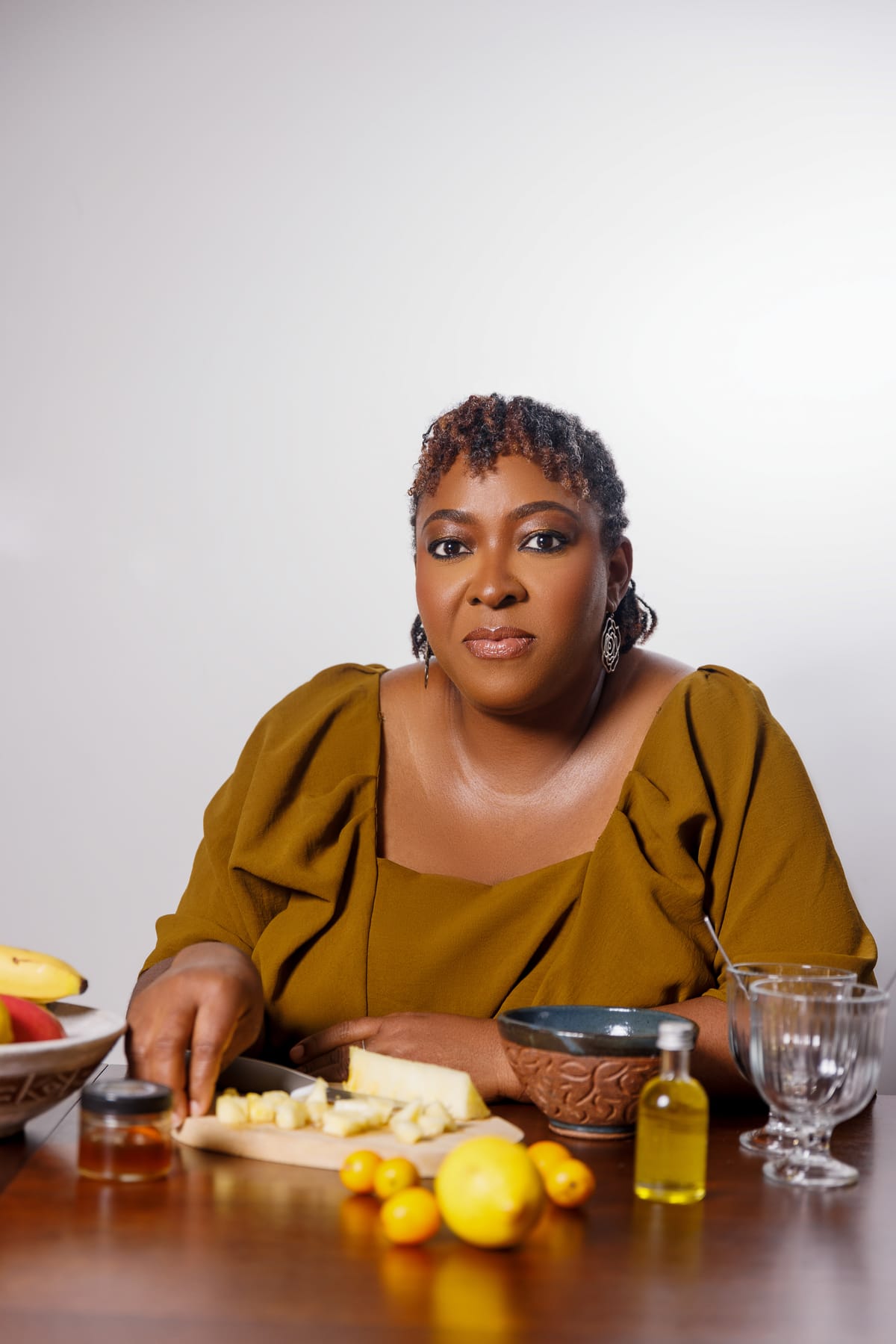
Your individual consciousness matters because it contributes to our collective wisdom. Your authentic expression strengthens our shared identity. Your digital choices help shape the cultural landscape we're all navigating together.
The Future of Shared Mind
As we look toward the future, the potential of our collective consciousness continues to expand. Emerging technologies like virtual and augmented reality will create even more immersive shared experiences. Artificial intelligence will help us process and respond to cultural information at unprecedented scales. Blockchain and other decentralised technologies will give us new ways to coordinate and govern our collective activities.
But the technology is secondary to the consciousness itself. What matters most is our commitment to authentic participation, our willingness to contribute to something larger than ourselves, and our vision of what we can accomplish together.
The collective consciousness we're building isn't just about preserving the past or even about thriving in the present. It's about creating the future—a future where African culture and values help shape global civilisation, where diaspora communities can maintain deep connections across any distance, and where shared consciousness becomes a force for positive change in the world.
Every day, through our digital interactions and cultural choices, we're not just participating in this collective consciousness—we're building it. We're proving that connection is stronger than distance, that culture can transcend geography, and that consciousness itself can be a revolutionary force.
The new mainstream isn't just about changing what's popular or trendy. It's about changing how human consciousness itself operates in a digitally connected world. And that revolution starts with each of us choosing to participate authentically in the collective consciousness we're creating together.

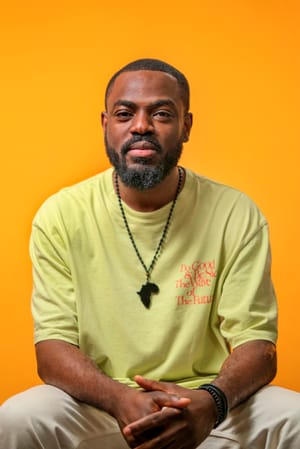
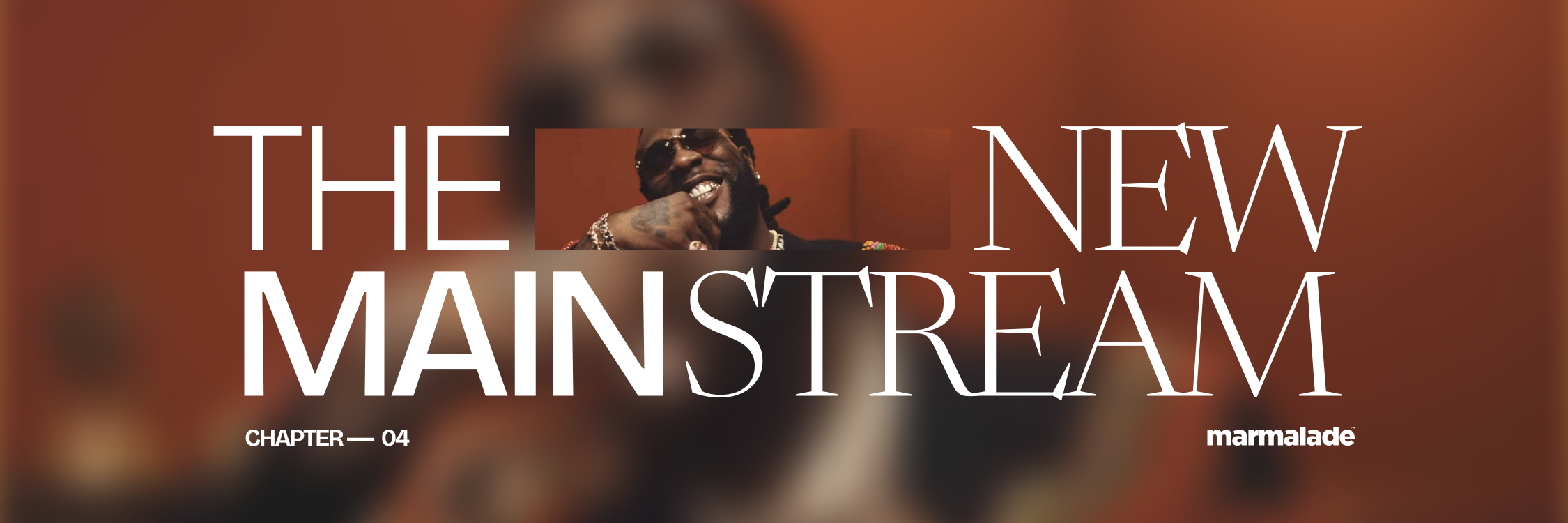
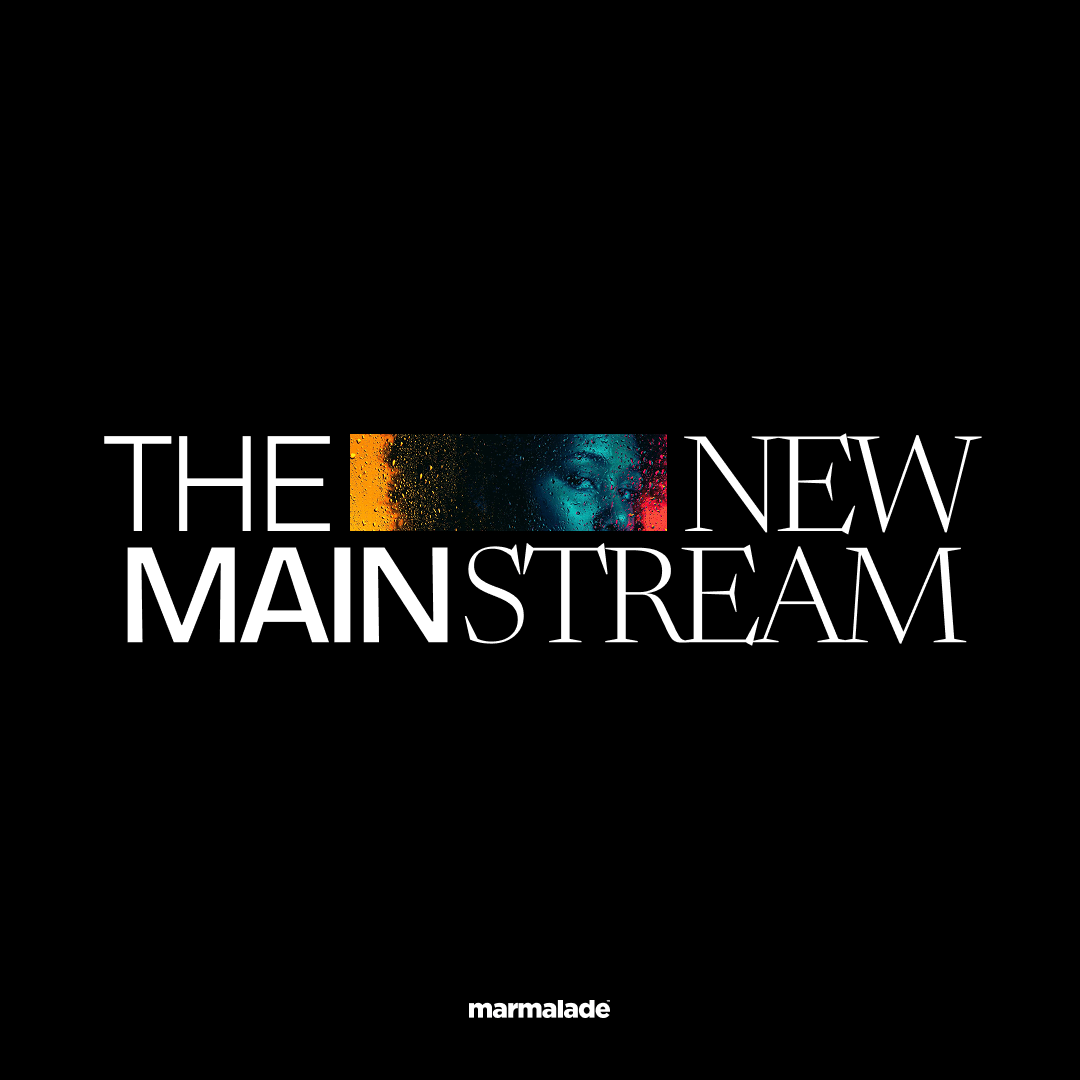

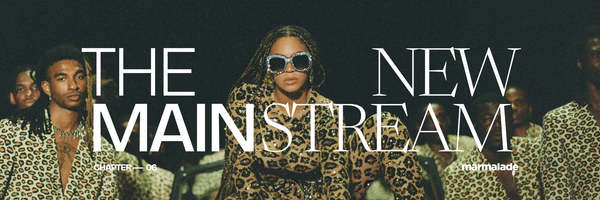
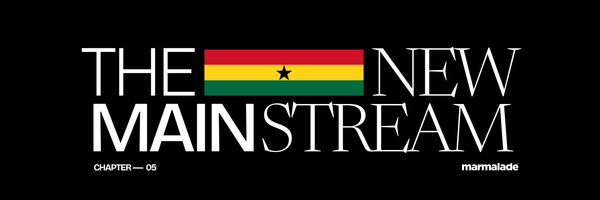
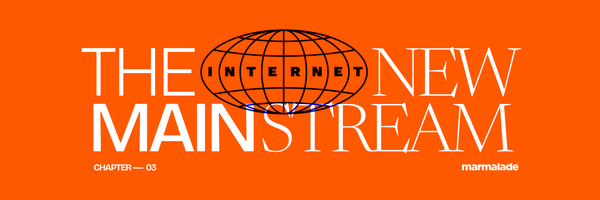
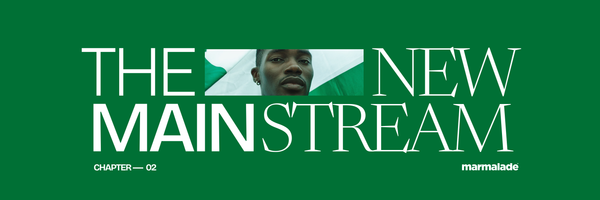
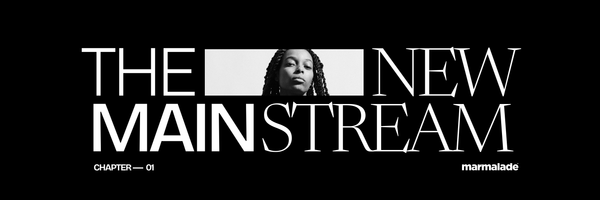
Member discussion